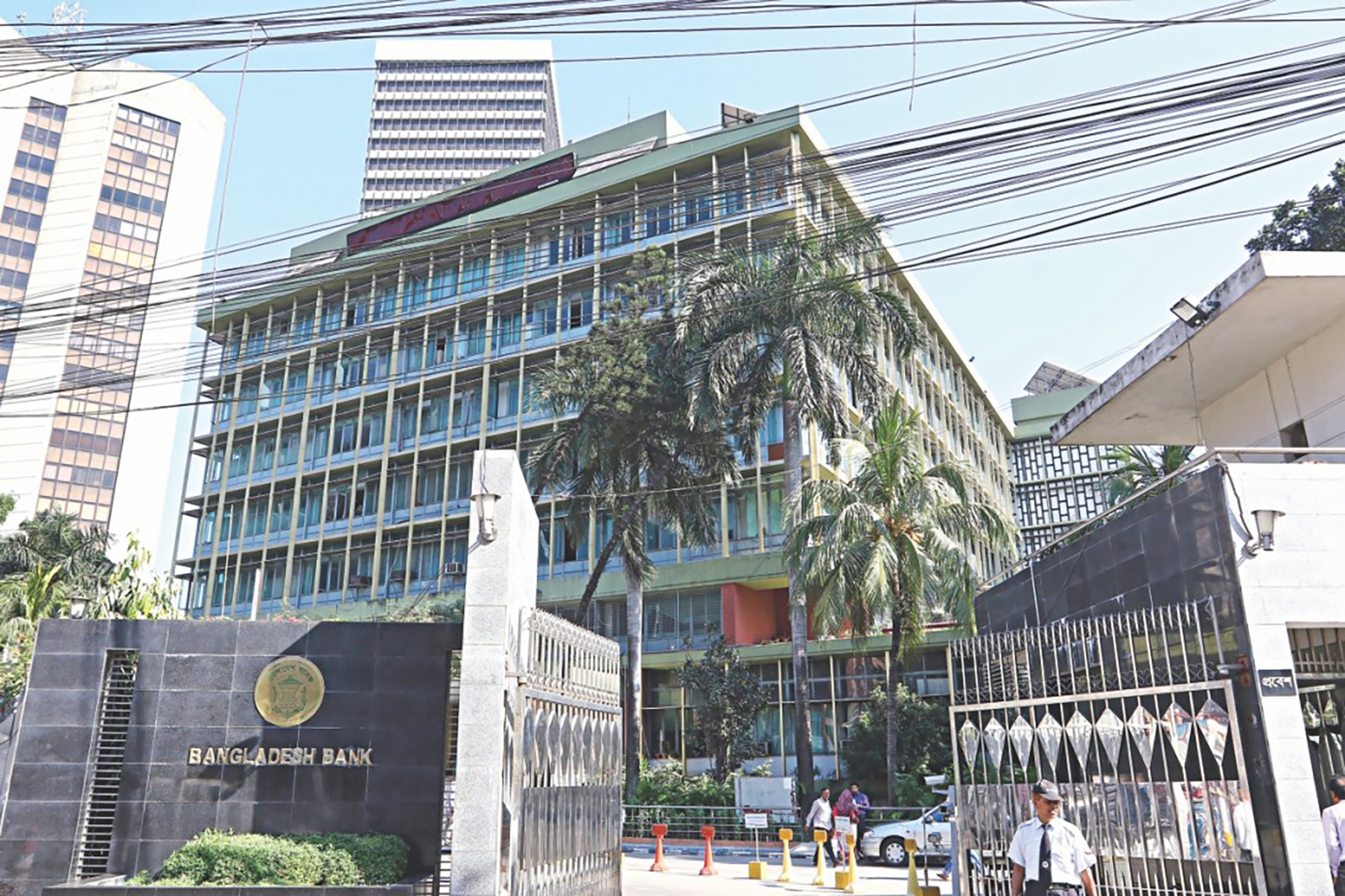There must be accountability for export data mishandling

Bangladesh Bank has recently unearthed a shocking revelation about our export data—a $14 billion dollar discrepancy in the calculation. This was revealed through a regular update on the balance of payments by the central bank, creating shockwaves for economists and business leaders. Such a mind-boggling understatement of the export data has disturbing implications on the country's economic performance, specifically its growth rate, based on which policies are formulated. The question is, how could such massive miscalculations occur in the first place? Who is responsible? And how long have these been going on?
According to a report in this paper, Bangladesh Bank discovered six ways in which the data miscalculations caused the export figure to become so inflated. The anomalies include errors in customs data, miscalculations of the value of fabrics, samples for buyers being included as final products with export value, double-counting of sales by EPZ-based firms, not adjusting the difference between the LC (Letter of Credit) value and actual export proceeds, and not adjusting losses from stock-lot sales, discounts and commissions. Such mistakes in the dataset are deeply worrying, to say the least.
The National Board of Revenue (NBR) and Export Promotion Bureau (EPB) should be held accountable for the mistakes. We expect the government to conduct a thorough investigation into why the relevant officials made these errors. Is it because of incompetence? Or, were the miscalculations deliberate? Either way, they must face the consequences of mishandling such important data. We also must ask: how far back do these errors go? The current mismatch is for the July-April period of the 2023-2024 fiscal year, and the correction reveals that exports have fallen by 6.8 percent instead of the stated growth of 3.93 percent. How far back should we go to recalculate the data for previous years' performance? A BB official has said there is nothing wrong with past data. Should we take their optimism at face value?
While the correction will lead to a revaluation of the growth rate, an economist has said it would be down by 1 percent. That said, that Bangladesh Bank has discovered the anomalies through its own recalculations is a positive move. We appreciate the effort to set the records straight, and hope that such diligence and transparency will be applied to other areas of data calculation. Policies are based on the official data available, and can only work if the numbers are correct. We, therefore, expect the government to revisit all the data generated by its bodies in various areas, no matter how tedious the task is. Because, ultimately, correct and regularly updated data is vital not only for the government to make appropriate policies but also for independent experts and citizens to understand the nation's economic realities.
 For all latest news, follow The Daily Star's Google News channel.
For all latest news, follow The Daily Star's Google News channel. 


Comments